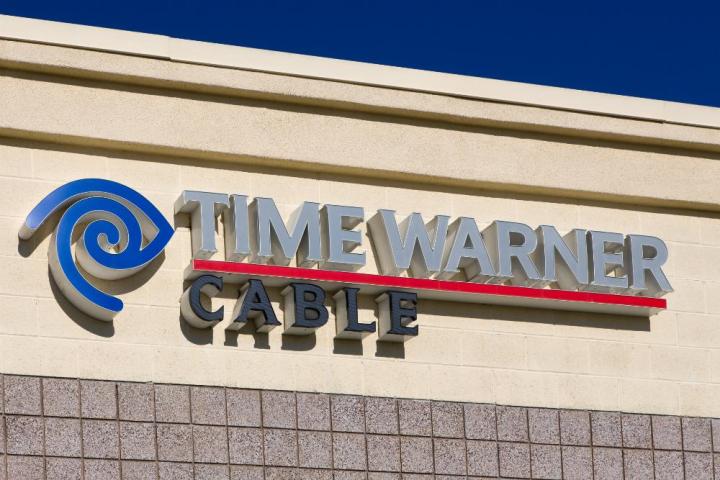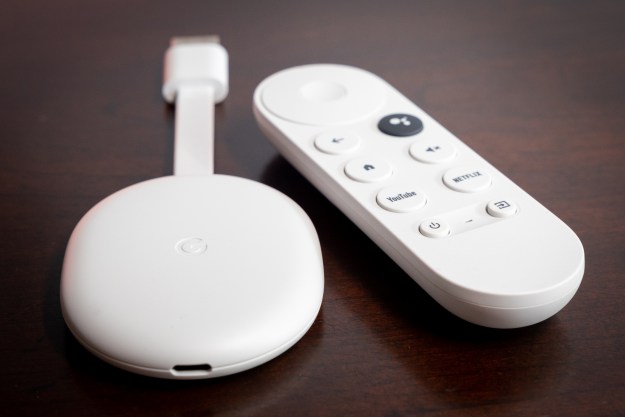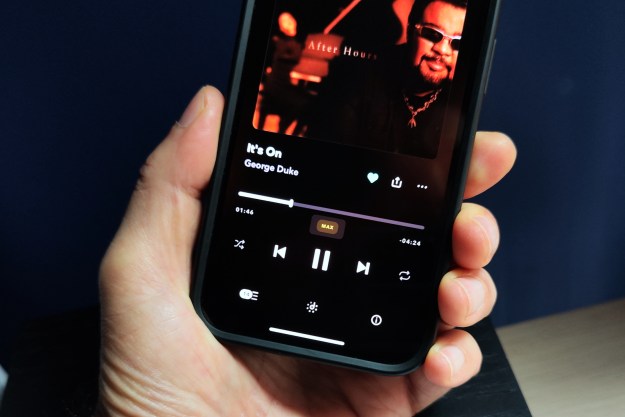
Last March, King sued the company over the constant robocalls. The calls were intended for one Luiz Perez, who once had King’s current cellphone number. King called a Time Warner Cable representative in the hopes of clearing things up. However, the robocalls — made through what the company calls an “interactive voice response” system — didn’t stop, leading King to sue the company.
Time Warner Cable attempted to defend itself by arguing it was protected under the federal Telephone Consumer Protection Act, which was signed into law during George H. W. Bush’s tenure as U.S. president in 1991. Generally speaking, the law is meant to protect consumers from excessive telephone solicitations, such as telemarketing, and excessive use of automated telephone equipment. Even though that certainly seems to be the case with King, Time Warner Cable argued it made those calls believing that Perez, who consented to the calls, was on the other end.
However, a Manhattan federal judge didn’t see things that way, saying that Time Warner Cable should have tried harder to find Perez. In addition, Time Warner Cable made 74 robo-calls since King originally filed the suit last March, which the judge said were “particularly egregious violations of the TCPA and indicate that TWC simply did not take this lawsuit seriously.”
“Companies are using computers to dial phone numbers,” said Sergei Lemberg, King’s lawyer. “They benefit from efficiency, but there is a cost when they make people’s lives miserable. This was one such case.”
As a result, the judge awarded King $1,500 per call, bringing the total to $229,500. In addition, a trial is scheduled for July 27, though it seems that Time Warner Cable is backed into a corner in this case.


